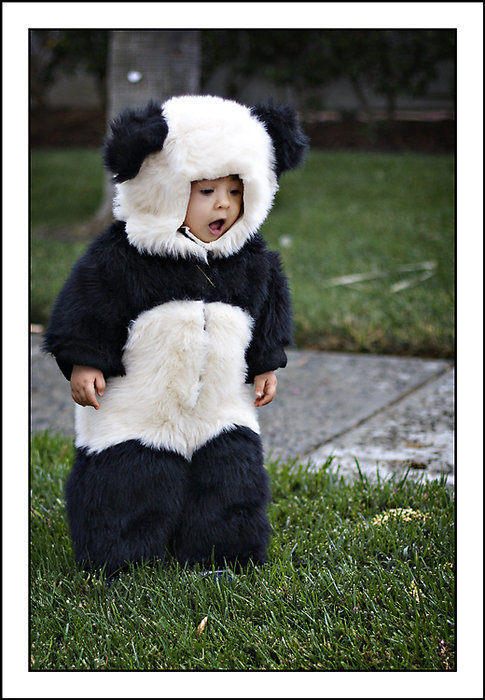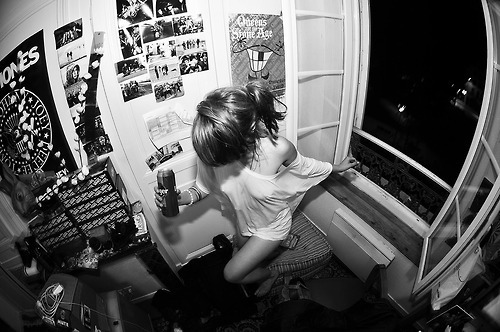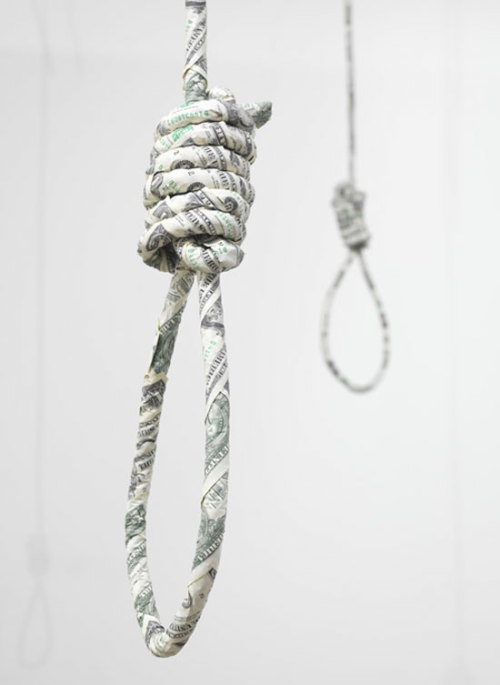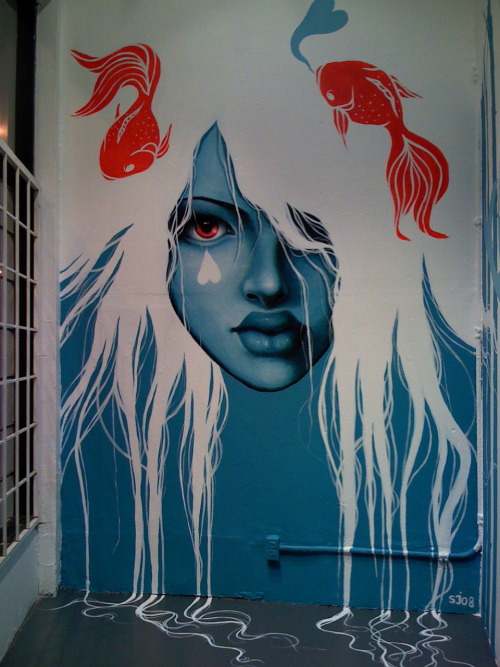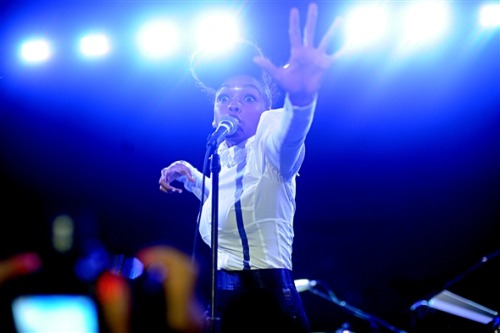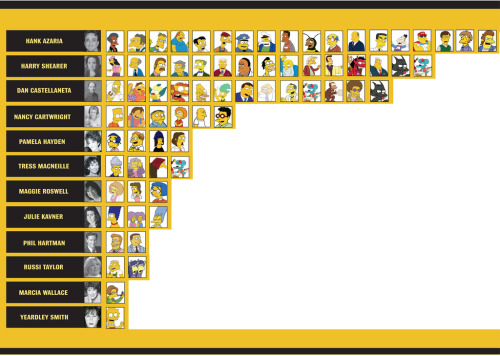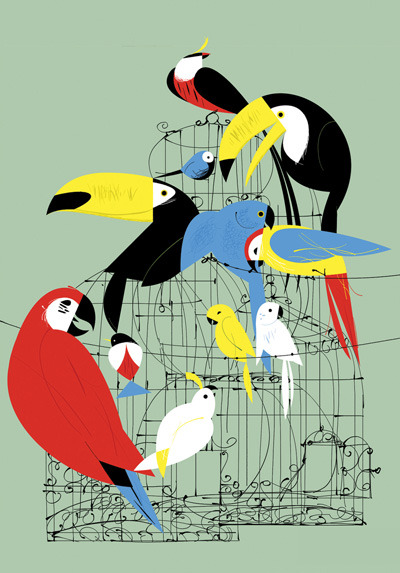Infinite Stranger |
- What a lovely little gem. My favourite line is from Nick Hornby,...
- kimagurefilm: naha: aerogenerator: k32ru: shinoddddd: johnny...
- kimagurefilm: naha: kagayakeruseishun: bowfolk: tobia: “Unli...
- kimagurefilm: jinon: crosscontinue: tumblr_ky5f4xfK4p1qzh3dbo1...
- tastelikeapples: (via epsick)
- ellephanta: jinakanishi:lomo:Interior design room(via classics,...
- e-laboy: allwithin: unfuckwitable: ningrila:pervotron3000:anim...
- (via girlsgotafacelikemurder)
- (via theprettykitty)
- makeitchura: (via briandoody)
- Can Preschoolers Be Depressed? (New York Times Magazine)
- atariboy: (via isnottv, thedailywhat)
- curiouslywonderful: (via therealsin, ohmytara)
- bikinifetish: Ke$ha - Run Devil Run
- fuckyeahblonds: (via skimmmmmilk)
- cocojadejazz: wellhelloroe: (via clayton junior)
- (via yahel)
- thedailywhat: Nerdy Necklace of the Day: The Pi Necklace from...
- "You have enemies? Good. That means you’ve stood up for something, sometime in your life"
- (via mmsphotos)
| What a lovely little gem. My favourite line is from Nick Hornby,... Posted: 31 Aug 2010 06:54 PM PDT What a lovely little gem. My favourite line is from Nick Hornby, "I'm all for feminism, but it's cost me my one shot at immortality." LOL. Good intro from kitsunenoir.com:
|
| kimagurefilm: naha: aerogenerator: k32ru: shinoddddd: johnny... Posted: 31 Aug 2010 06:42 PM PDT |
| kimagurefilm: naha: kagayakeruseishun: bowfolk: tobia: “Unli... Posted: 31 Aug 2010 06:06 PM PDT 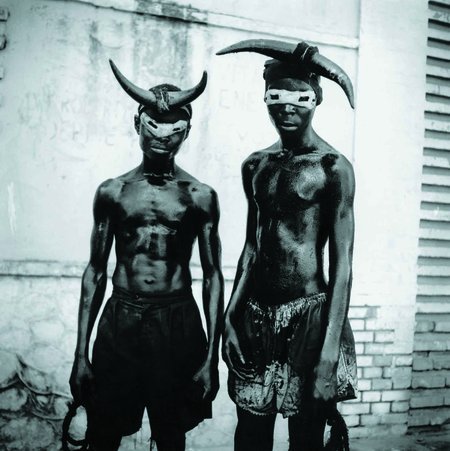
|
| kimagurefilm: jinon: crosscontinue: tumblr_ky5f4xfK4p1qzh3dbo1... Posted: 31 Aug 2010 05:24 PM PDT |
| Posted: 31 Aug 2010 04:58 PM PDT |
| ellephanta: jinakanishi:lomo:Interior design room(via classics,... Posted: 31 Aug 2010 04:19 PM PDT |
| e-laboy: allwithin: unfuckwitable: ningrila:pervotron3000:anim... Posted: 31 Aug 2010 03:20 PM PDT |
| Posted: 31 Aug 2010 02:22 PM PDT |
| Posted: 31 Aug 2010 01:48 PM PDT |
| Posted: 31 Aug 2010 01:07 PM PDT |
| Can Preschoolers Be Depressed? (New York Times Magazine) Posted: 31 Aug 2010 12:36 PM PDT Can Preschoolers Be Depressed? (New York Times Magazine):
|
| atariboy: (via isnottv, thedailywhat) Posted: 31 Aug 2010 12:04 PM PDT |
| curiouslywonderful: (via therealsin, ohmytara) Posted: 31 Aug 2010 11:34 AM PDT |
| bikinifetish: Ke$ha - Run Devil Run Posted: 31 Aug 2010 11:03 AM PDT |
| fuckyeahblonds: (via skimmmmmilk) Posted: 31 Aug 2010 10:32 AM PDT |
| cocojadejazz: wellhelloroe: (via clayton junior) Posted: 31 Aug 2010 10:02 AM PDT |
| Posted: 31 Aug 2010 09:30 AM PDT |
| thedailywhat: Nerdy Necklace of the Day: The Pi Necklace from... Posted: 31 Aug 2010 08:13 AM PDT 
|
| "You have enemies? Good. That means you’ve stood up for something, sometime in your life" Posted: 31 Aug 2010 07:42 AM PDT "You have enemies? Good. That means you've stood up for something, sometime in your life" - Winston Churchill (via quote-book) (via ellephanta) |
| Posted: 31 Aug 2010 07:11 AM PDT |
| You are subscribed to email updates from Infinite Stranger To stop receiving these emails, you may unsubscribe now. | Email delivery powered by Google |
| Google Inc., 20 West Kinzie, Chicago IL USA 60610 | |

